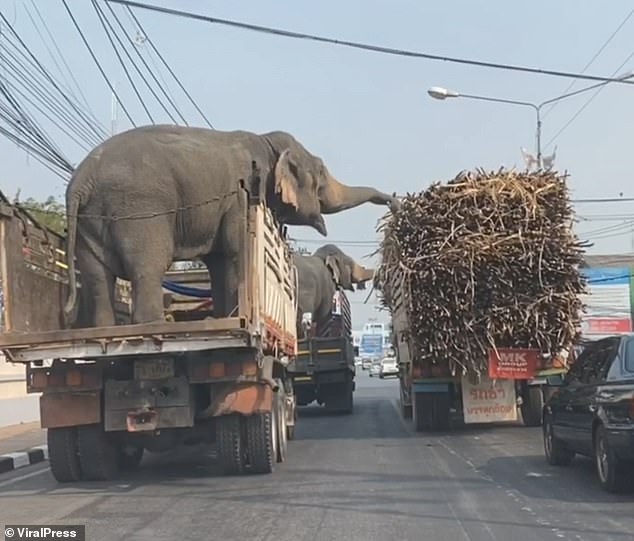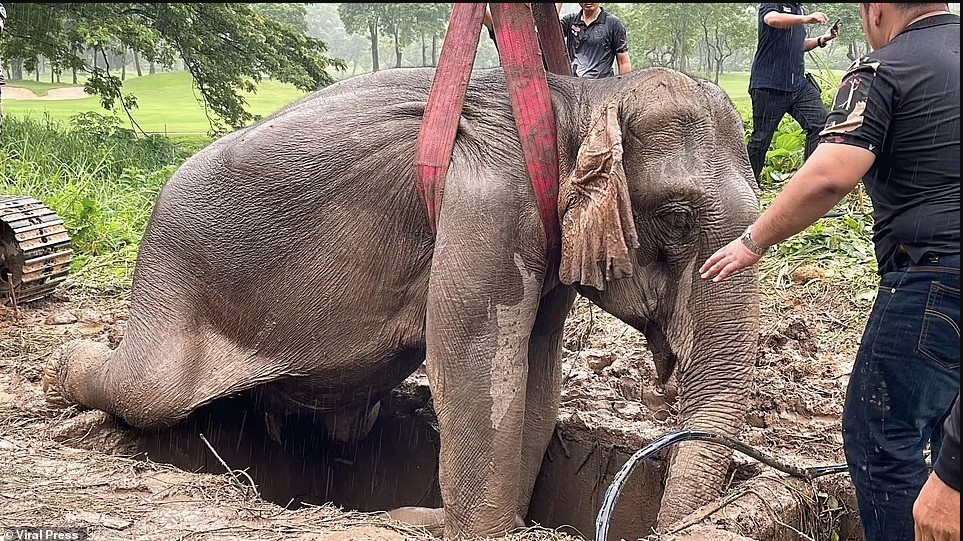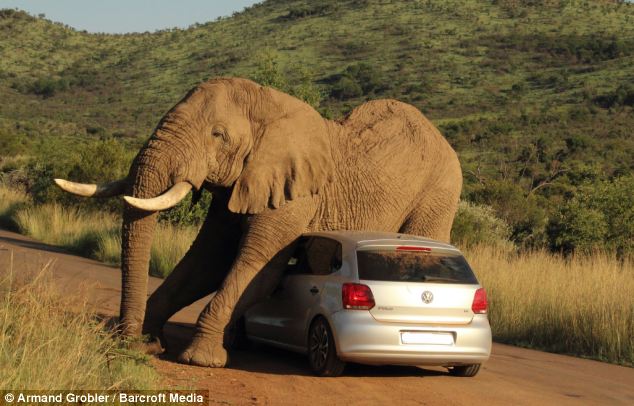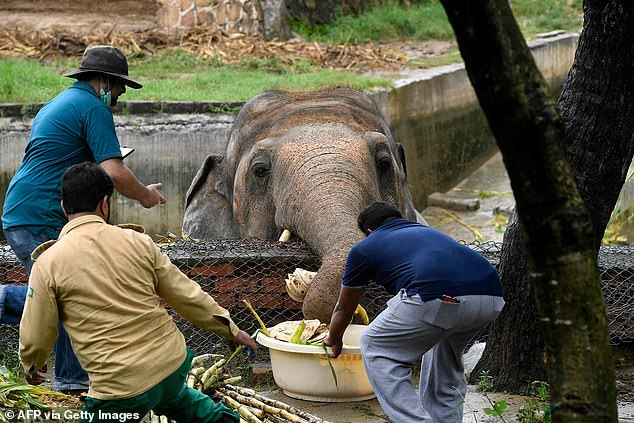Yahoo News Australia (and agencies)29 August 2018
Volunteers have banded together using construction equipment to rescue a beached orca.
The incident took place in the city of Nueva Atlantis in the eastern Argentine province of Buenos Aires on Friday night through to the following morning.
According to reports, local residents spotted two stranded killer whales on the beach, but when they arrived they found that one of them had already died.
They called the emergency services and members of the Mundo Marino (Marine World) foundation sent a team of experts to carry out the rescue operation of the surviving orca.

The enormous mammal gets loaded onto a net.
Foundation member and biologist Karina Alvarez led the operation and told local media that it was a good thing the whale was stranded at night.
“The orca was not injured and did not suffer from hypothermia, however if it had been in the sun it would have died due to the time it spent out of the water,” she said.
“The tide did not help us and its weight, around four tonnes, meant that it was virtually impossible to move it in the shallow water.”
The orca weighed about four tonnes.
Ms Alvarez said it took “a great deal of effort” for rescuers to move the giant mammal back into the sea.
“Once it had recovered from muscular cramps, the orca began to flap its tail and move out to sea,” she said.
Mundo Marino representative Maria Florencia Especiale added the orca was “very tired”.
“We kept it wet and gave it injections to avoid infection,” Ms Especiale said.
The whale was also injected with medicine to avoid infection.
In recent news, a grieving mother killer whale was seen pushing her dead calf 1,600 kilometres over 17 days before she finally let go of her offspring earlier this month.
The mother whale named Tahlequah, or J35, had given birth to a baby southern resident killer whale on July 24, near Victoria, British Columbia in Canada.
But by the time a team from the Centre for Whale Research arrived to take pictures of the newborn, it sadly was no longer alive.
Last week, a pod of dolphins were caught on camera protecting a humpback and her calf off Flinders Bay near Augusta in southwest Western Australia.
Five other whales started approaching the humpback to try and mate.











